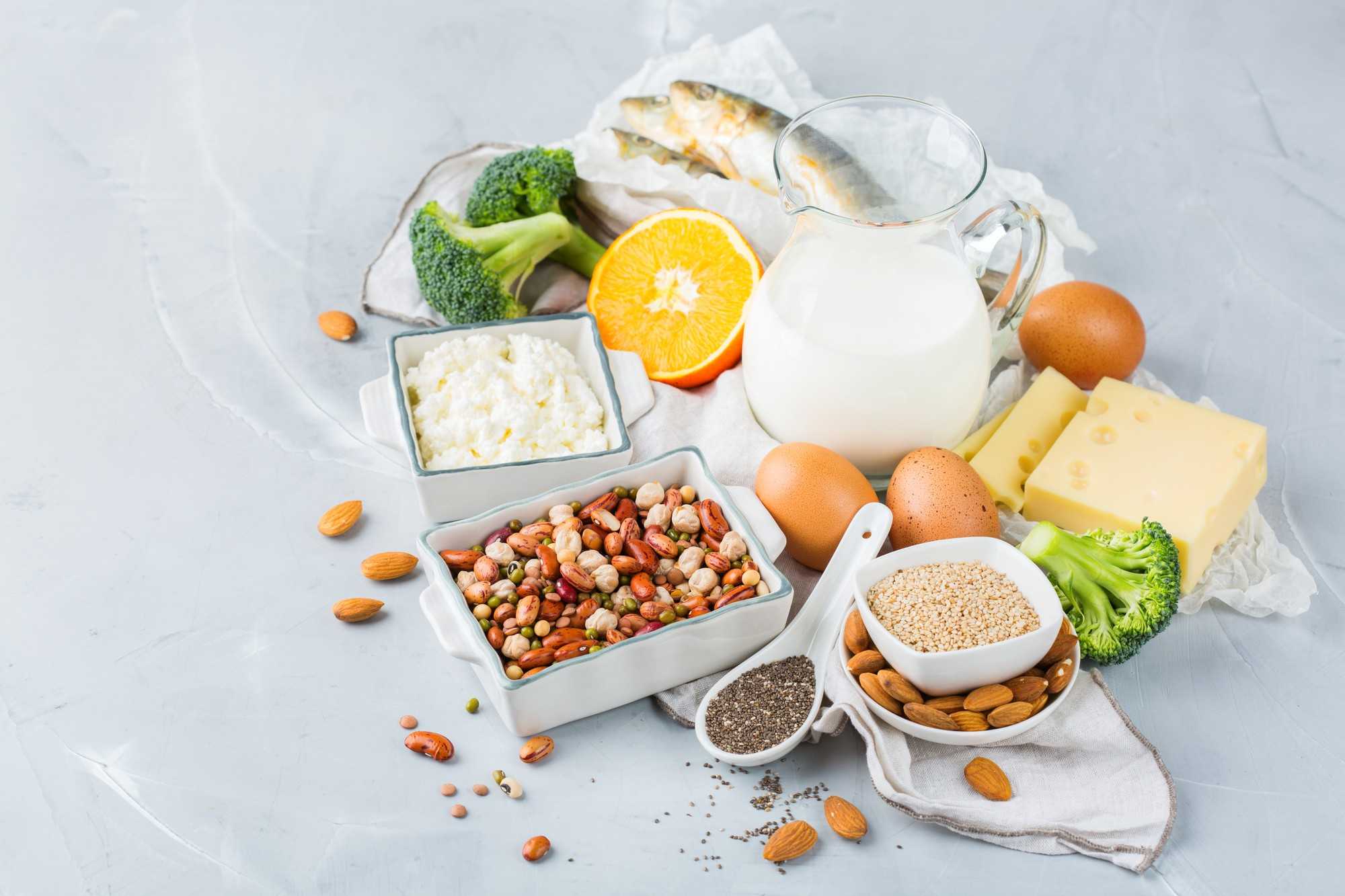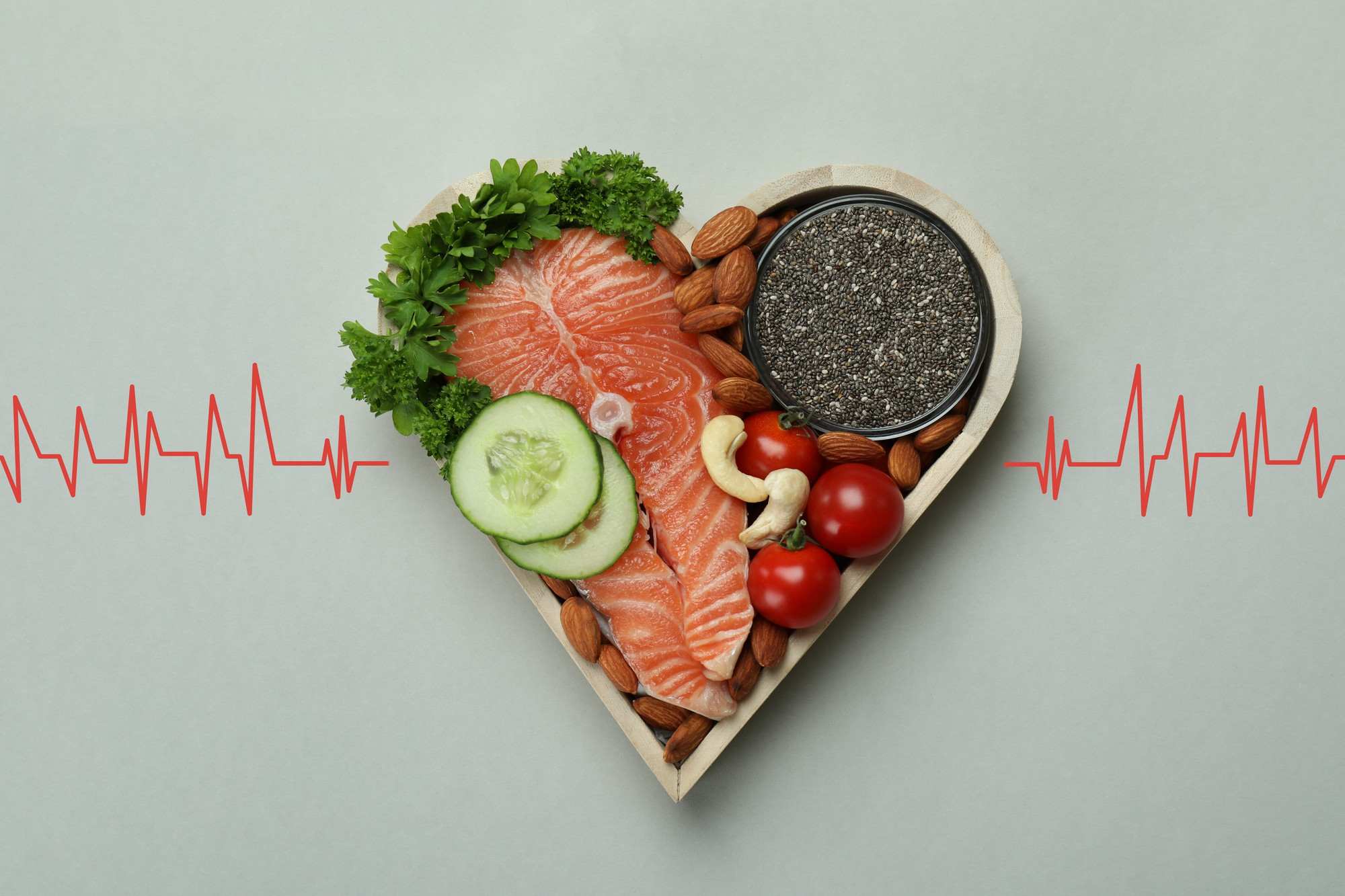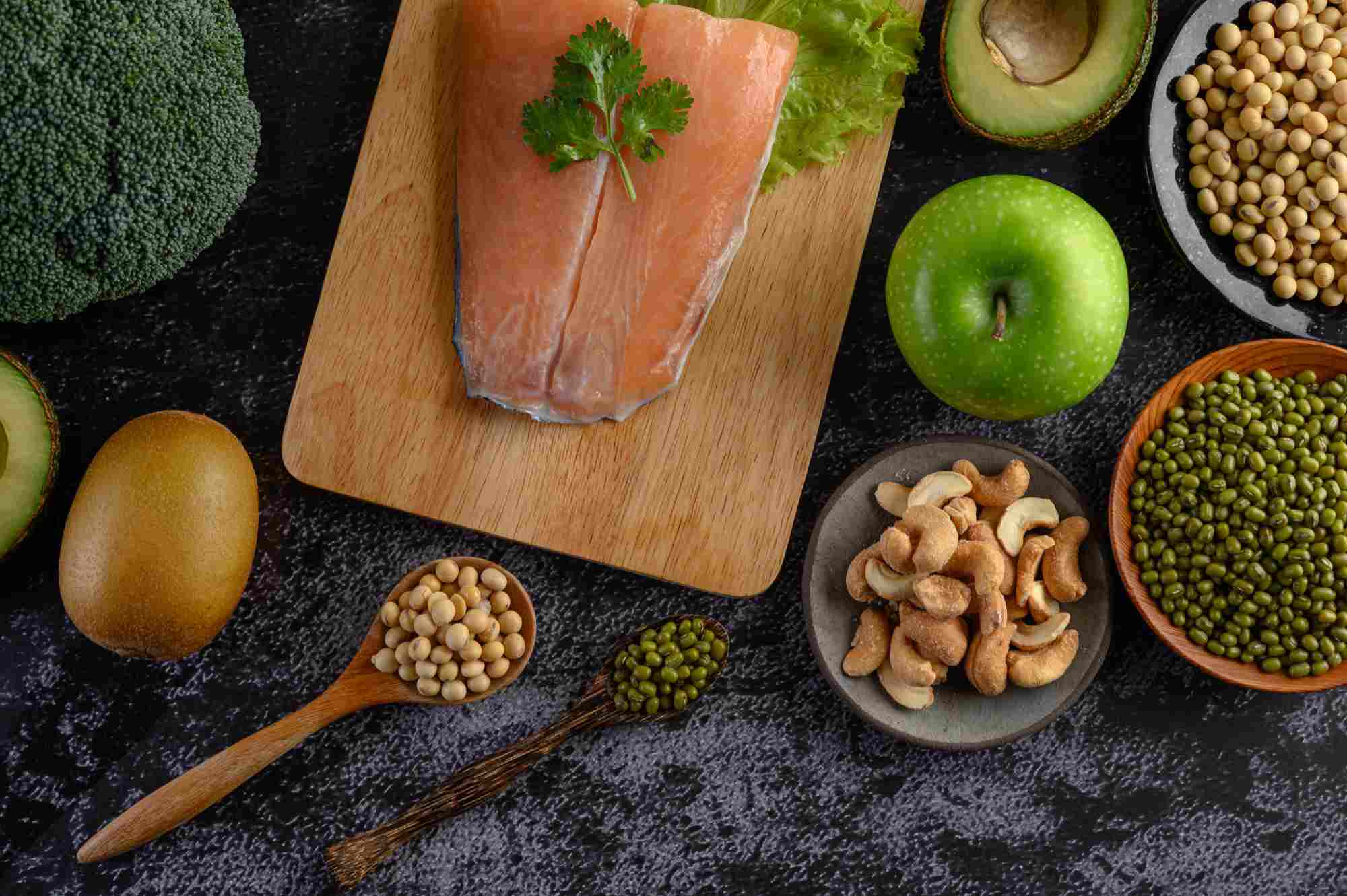
Core objective:
Enhance bone density and prevent fractures
Key nutrients
Calcium: 1000-1200mg per day (increased to 1200mg for those over 50 years old). Sources include low-fat dairy products (300ml of milk contains 300mg of calcium), tofu, sesame paste, and dark green vegetables (such as Chinese kale and amaranth).
Vitamin D: 800-1000IU per day. It can be supplemented through sun exposure (15-30 minutes per day) or fortified foods (such as vitamin D-enriched milk), and deep-sea fish (such as salmon).
Protein: 1.0-1.2g per kilogram of body weight per day. Give priority to high-quality proteins (such as eggs, fish, and shrimp) to promote the synthesis of bone collagen.
Minerals: Magnesium (nuts, whole grains), phosphorus (lean meat, legumes), and zinc (oysters, pumpkin seeds) to maintain the balance of bone metabolism.
Dietary strategies
Increase the intake of soy products (containing isoflavones) and Omega-3 fatty acids (flaxseed oil) to inhibit bone resorption.
Limit high-salt intake (sodium > 5g per day accelerates calcium loss), caffeine (less than 3 cups of coffee per day), and alcohol (less than 25g per day for men and less than 15g per day for women).
Avoid eating foods with excessive oxalic acid (such as spinach) together with high-calcium foods to reduce interference with calcium absorption.
Lifestyle
Engage in weight-bearing exercises (such as brisk walking and dumbbell training) and balance training three times a week to enhance bone strength.
Regularly monitor bone density (it is recommended that postmenopausal women and men over 50 years old have a bone density test every two years).




